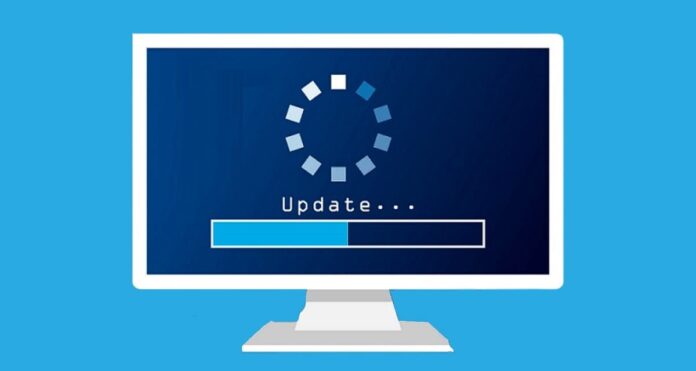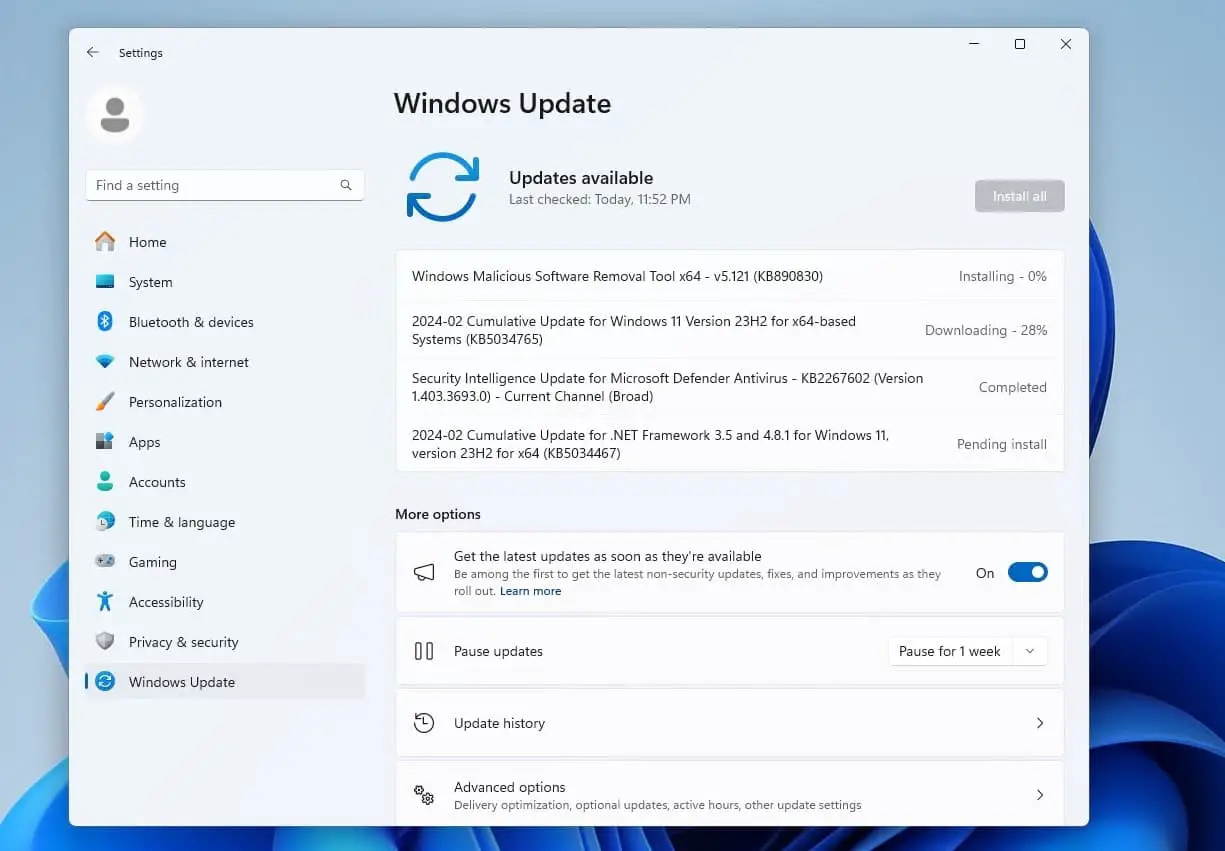Windows Security updates are crucial for maintaining the safety and integrity of your devices. While they might seem like a minor inconvenience, they play a significant role in protecting your computer, smartphone, or tablet from potential threats. This article explores, What are security updates and its importance for the digital world.
What Are Security Updates?
Security updates, also known as patches, fixes, or hotfixes, are software updates released by technology companies to address vulnerabilities and security flaws discovered in their products. These updates aim to address vulnerabilities and improve the overall security of software applications, operating systems, firmware, and other digital assets, thereby reducing the risk of exploitation by malicious actors. By regularly applying security updates, you can protect your devices from known threats and reduce the risk of exploitation.
While security updates don’t add new features, but they are essential for maintaining security.
Security updates are patches or fixes released by software developers to address vulnerabilities or flaws in their applications or operating systems
Importance of Security Updates
Security updates are designed to address vulnerabilities in operating systems, applications, and firmware. Vulnerabilities can be exploited by cybercriminals to compromise your system, steal sensitive information, or disrupt operations. Regularly applying security updates, mitigate these risks and secure your device.
Remember: A well-patched system is a secure system!
- Security updates address specific vulnerabilities identified in software applications, operating systems, or firmware. By promptly installing these updates, you close potential entry points for attackers.
- Cybercriminals often exploit known vulnerabilities to launch attacks. Regularly applying security updates ensures that your systems remain protected against these exploits.
- Security updates not only fix vulnerabilities but also improve system stability and performance. Ignoring updates may lead to compatibility issues or unexpected crashes.
- Many industries have regulatory requirements regarding security practices. Keeping your software up-to-date helps meet compliance standards.
- A security breach not only exposes sensitive information but can also tarnish an organization’s reputation. From time to time applying security updates demonstrates a commitment to safeguarding customer data and maintaining trust.
Types of Security Updates
- Critical Updates: Addressing severe vulnerabilities that could lead to widespread exploitation and significant harm.
- Security Patches: Target specific vulnerabilities identified through security research or reported by users and security researchers.
- Cumulative Updates: Bundles of multiple patches and fixes rolled into a single update package, simplifying the update process for users.
- Zero-Day Exploit Mitigations: Rapid responses to newly discovered vulnerabilities, aiming to provide protection before attackers can weaponize them.
Windows Security Updates
If you’re a Windows user, Microsoft provides automatic security updates through Windows Update. These updates include both security fixes and non-security enhancements. In addition to automatic updates, periodically check for available updates manually, especially for software that doesn’t support automatic updating.
To install security updates:
1. Click on the Start menu and select “Settings.”
2. Go to “Update & Security.”
3. Click on “Windows Update” and select “Check for updates.”
Additionally, Microsoft maintains a comprehensive Security Update Guide that provides detailed information about vulnerabilities and patches for various Microsoft products. You can access this guide on the Microsoft Security Response Center website.
Apart from Windows, ensure that other software applications (such as web browsers, office suites, and antivirus programs) are also updated regularly. Most software vendors offer automatic update mechanisms or notifications when new versions are available.
Note: Focus on installing critical updates first, as they address vulnerabilities with the highest potential impact.
Microsoft Updates vs. Windows Updates
- Microsoft Updates include updates applicable to the entire operating system, Microsoft Office, OneDrive, games, etc. Windows Updates specifically affect the operating system itself.
Software Vulnerabilities and Malware
- Cybercriminals exploit software vulnerabilities to infiltrate devices, Malware damages devices, allowing unauthorized access or slowing down systems. Applying the latest Security patches fixes vulnerabilities and keeps malware out of your device.
Also read:

